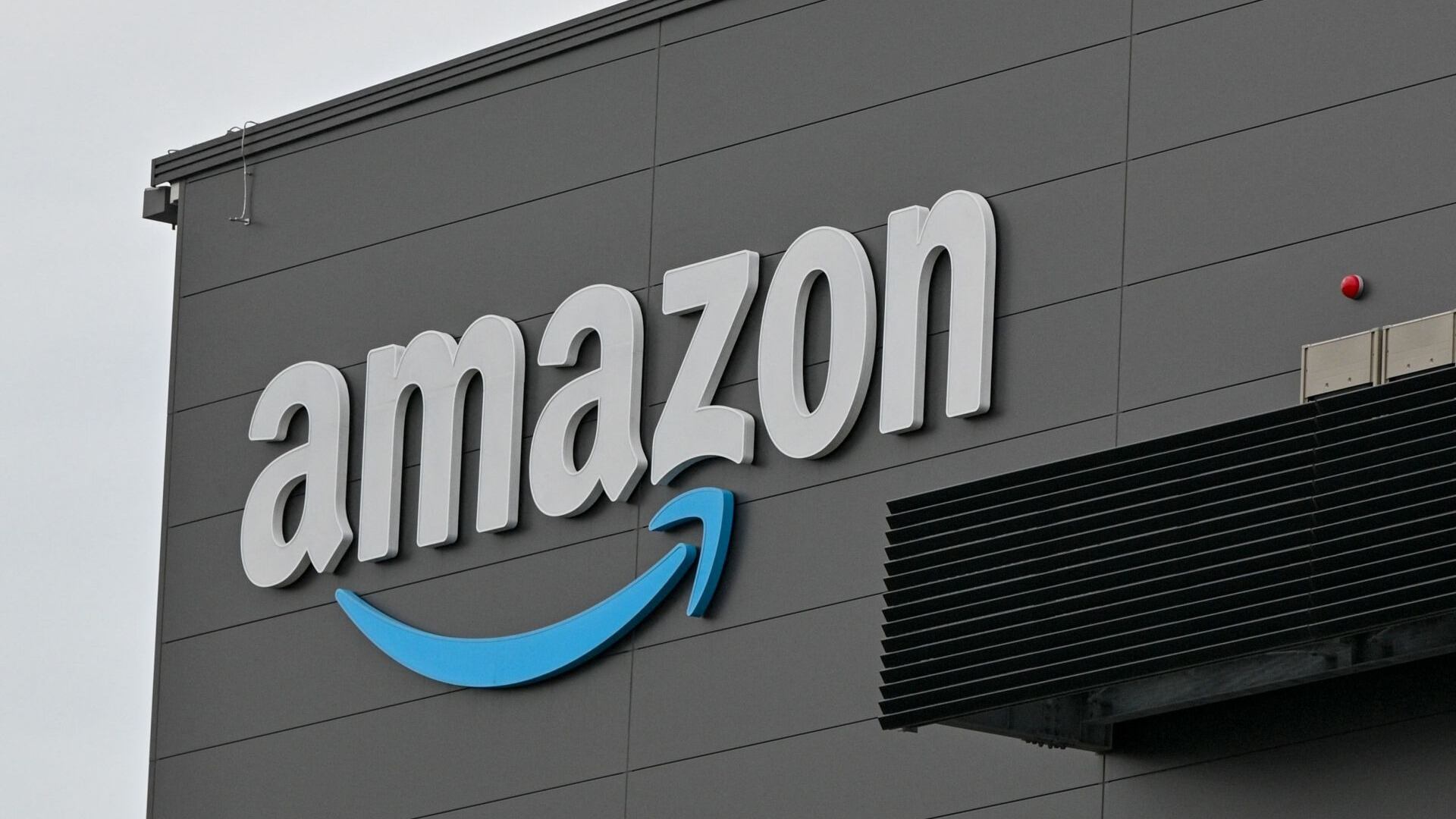Amazon is giving employees the option to use their equity in the company as a form of collateral when purchasing a home through online mortgage lender Better.com.
The program, called Equity Unlocker, is designed to make homeownership "cheaper, faster, and easier" for workers whose assets are tied up in stock of their own company.
"For young professionals burdened with student debt and lack of savings, we know how hard it is to buy a home," said Better CEO & founder Vishal Garg in a press release. "This problem is exacerbated when many of the best and fastest growing companies increasingly reward their employees with equity rather than cash."
Better cited a recent Schwab survey showing that 43 percent of millennials have either exercised or sold equity compensation, which accounts for 32 percent of employees’ net worth on average.
Equity Unlocker allows workers to pledge that equity as collateral, rather than having to sell off their stock holdings to get the money for a down payment, so that workers can achieve homeownership while also continuing to benefit from their company's growth. Many banks and mortgage lenders don't allow this practice except for high net worth individuals.
"Even though equity is a valuable asset, it is considered ineligible by most banks and financial institutions when calculating the necessary down payment on a home," said Garg.
Amazon touted the program as a way to support workers not at work and outside of work.
“We’re always looking for opportunities to enhance our benefit offerings and better support employees’ mental, physical, and financial wellness," said Amazon spokesperson Brad Glasser. "As part of that, we offer a wide-ranging slate of financial benefits, including saving resources, tools to grow financial knowledge, and programs that help employees feel financially sound."
The program is available immediately in Florida, New York, and Washington state. Several more states will gain access in the second quarter of 2023.
However, there are some risks that come with using equity as collateral. When stock prices fall, for example, it lowers the value of the collateral. This is usually not an issue for small fluctuations, but if the stock value falls below a certain level, oftentimes brokers will issue a maintenance call that would require the borrower to add more cash or equities to their collateral.
Shares of Amazon are down nearly 40 percent over the past 12 months.













